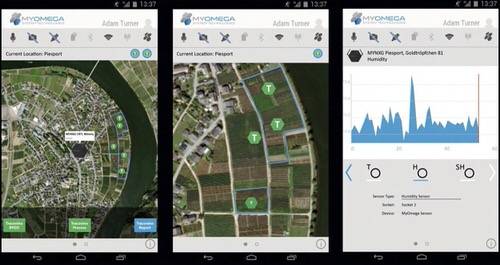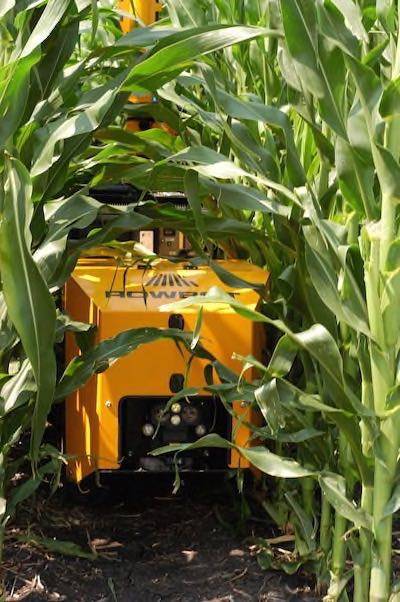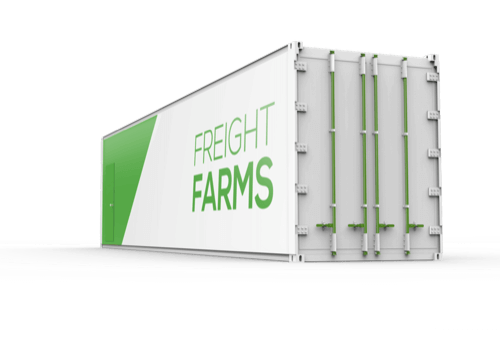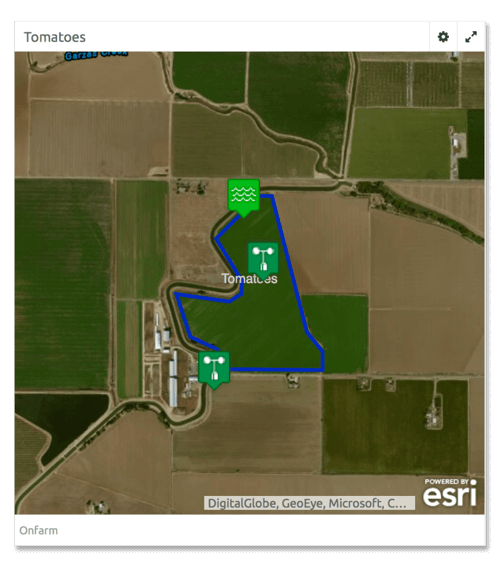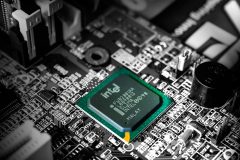The Internet of Things (IoT) is transforming the agricultural industry through facilitating high precision crop control, useful data collection and automated farming, with an emphasis on water management, waste reduction and cost effectiveness. Today farms can leverage IoT to remotely monitor soil moisture, crop growth, smart connected harvesters and irrigation equipment. Then farmers can analyze operational data combined with 3rd party information, such as weather services, to provide new insights and improve decision making.
TracoVino
An interesting area where this is occurring is in the business of winemaking. German company MyOmega has created the solar powered IoT device TracoVino, with incorporates an MYNXG controller and corresponding app to support winemakers to improve the quality of their wines, optimize workflows and to monitor vineyards remotely.
Data is collected via solar powered sensor platforms installed in the vineyard which record the temperature, air and soil humidity levels, sunlight and light intensity. Extra sensors can be installed at any time to measure leaf wetness, soil pH values and nutrient levels. The sensors collected data which they send to the controller. Winemakers are then able to access the data on their smartphones at any time. Winemakers are able to access forecasts for the condition of the vineyard, potential pest infestation or the expected quality and quantity of the wine at any time, and take suitable action. The devices are currently being trialled at a four Bavarian vineyards.
Rowbot
Agricultural innovation is not limited to wine making. Rural start up Rowbot has created a team of small robots to help Corn growers.The problem facing many growers is that a rapidly growing crop, mixed with uncertain field conditions, leads to situations where in-season applications of nitrogen cannot be carried out as planned. Constraints and worries linked to crop height keep many growers from using in-season nitrogen management, a widely recognized best practice.The Rowbots work in teams to apply nitrogen fertilizer in sync with corn needs, inter-seed cover-crops into tall corn, and collect data to inform both current and future work.
Deepfield Robots
Deepfield Robotics, a start up under Bosch has been working hard in Germany to solve the problems faced by asparagus farmers.
The quality of asparagus depends heavily on the temperature of the ground in which it’s grown. To control the temperature, farmers use a two-sided sheet of foil: the black side draws in sunlight to increase the heat of the asparagus bed, and the white side reflects light to cool the bed down. In order to make the right “black or white” decision, the farmer needs to measure the temperature of every field at least once each evening. Deepfield explains
That’s where we come in. Our IoT system frequently measures the temperatures of the bed at different levels and stores the data in the cloud. Then we provide this information plus additional analysis in a front-end interface, accessible anywhere, anytime.
In April 2015 they installed ten prototypes in asparagus fields. These prototypes provided just the basic functionality of storing temperatures in the cloud. Using this as a starting point, they worked closely with the farmers to develop their solution further, based on many interviews with these pilot customers, four app updates and continuous back-end improvement. The result: twelve weeks later at the end of asparagus season, the growth of 225,000 kg of asparagus.
Freight Farms
For those situated in urban areas, Freight Farms takes an innovative approach to farming, growing crops inside repurposed shipping containers, called Leafy Green Machines- literally a freight-truck-sized farm-in-a-box, with all the necessary equipment and storage required to grow produce.
The company takes an innovative approach to farming, growing crops inside repurposed shipping containers, dubbed Leafy Green Machines. It is hoped that the use of an IoT platform will allow for more detailed monitoring of growing conditions in real-time.
By using LogMeIn’s IoT platform Xively, it enables farmers to assess their crops remotely, tracking features such as temperature, humidity, CO2 levels and plant growth. Alerts are delivered whenever any of these metrics fall out of the ideal growing range. The data collected from users also enables Freight Farms to improve their own services, giving them greater insight into how customers are utilising their products. Container gardening is nothing new in urban areas, but it’s foreseeable that the water efficient containers could be of benefit to regions where drought causes a barrier to farming.
OnFarm
OnFarm is part of a suite of IoT technology platforms aimed at the farming industry. OnFarm’s software integrates nearly any type of data from any provider; from real-time soil moisture data to weather data, to image data. Users gain insight and guidance that enables their farming organization to make better more informed decisions resulting in immediate impact on farm inputs such as water, energy, and labor while increasing profitability. OnFarm allows farmers to have one solution to monitor, plan, and to make decisions reducing the friction of adopting and maximizing technology.
It is clear that connected technology and data information is instrumental to the future of farming, particularly in regard to reducing water consumption and feeding the world’s population. Sensors, cloud computing and intelligent software all play a part in transforming farming as we know it.

